We are pleased to announce the winners of the CAB Awards in 2023!
CAB Global Biomaterials Leadership Award: Song Li, Ph.D., UCLA and William R. Wagner, Ph.D., University of Pittsburg
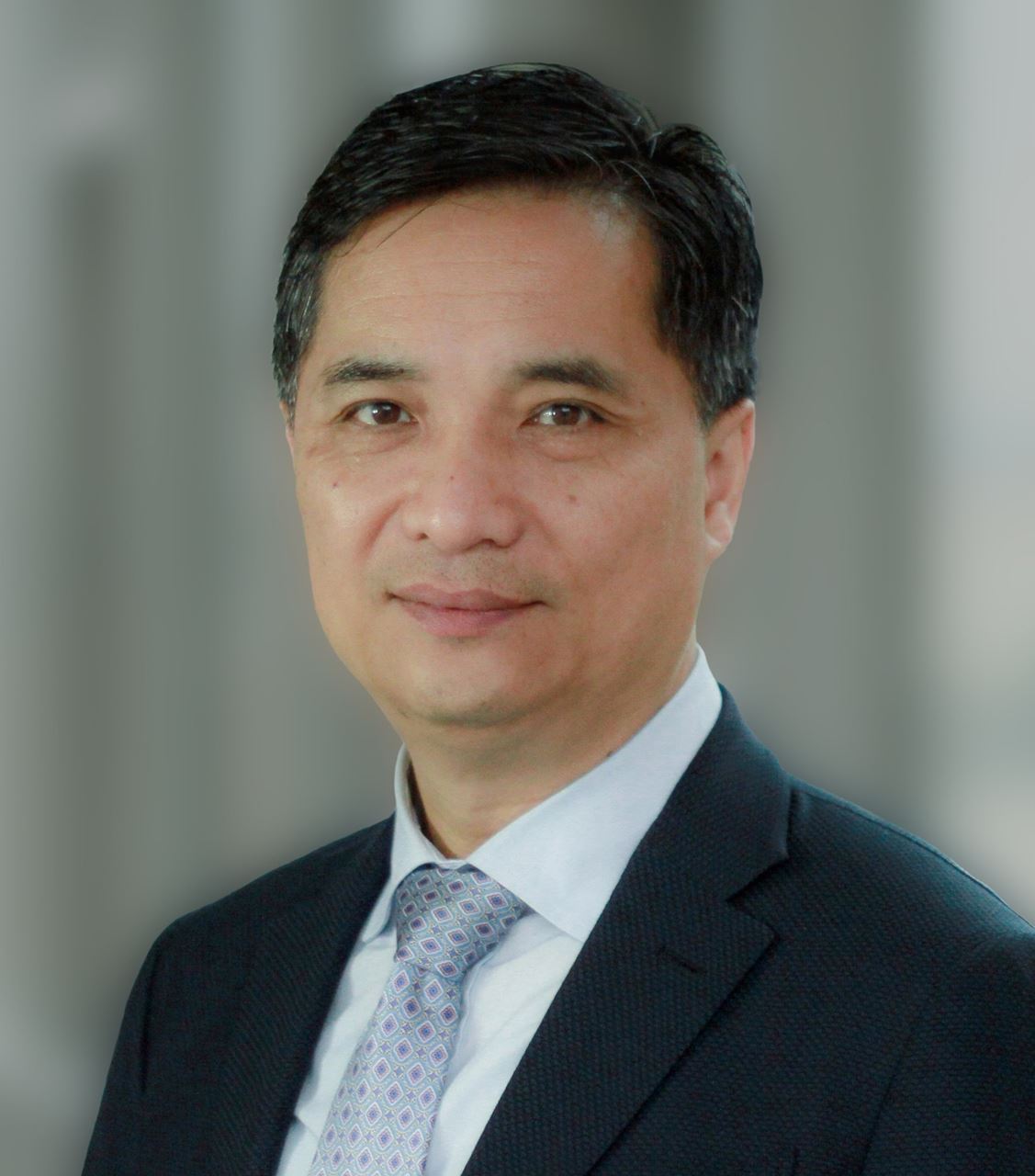

CAB Distinguished Leadership and Service Award: Jian Yang, Ph.D., Penn State University
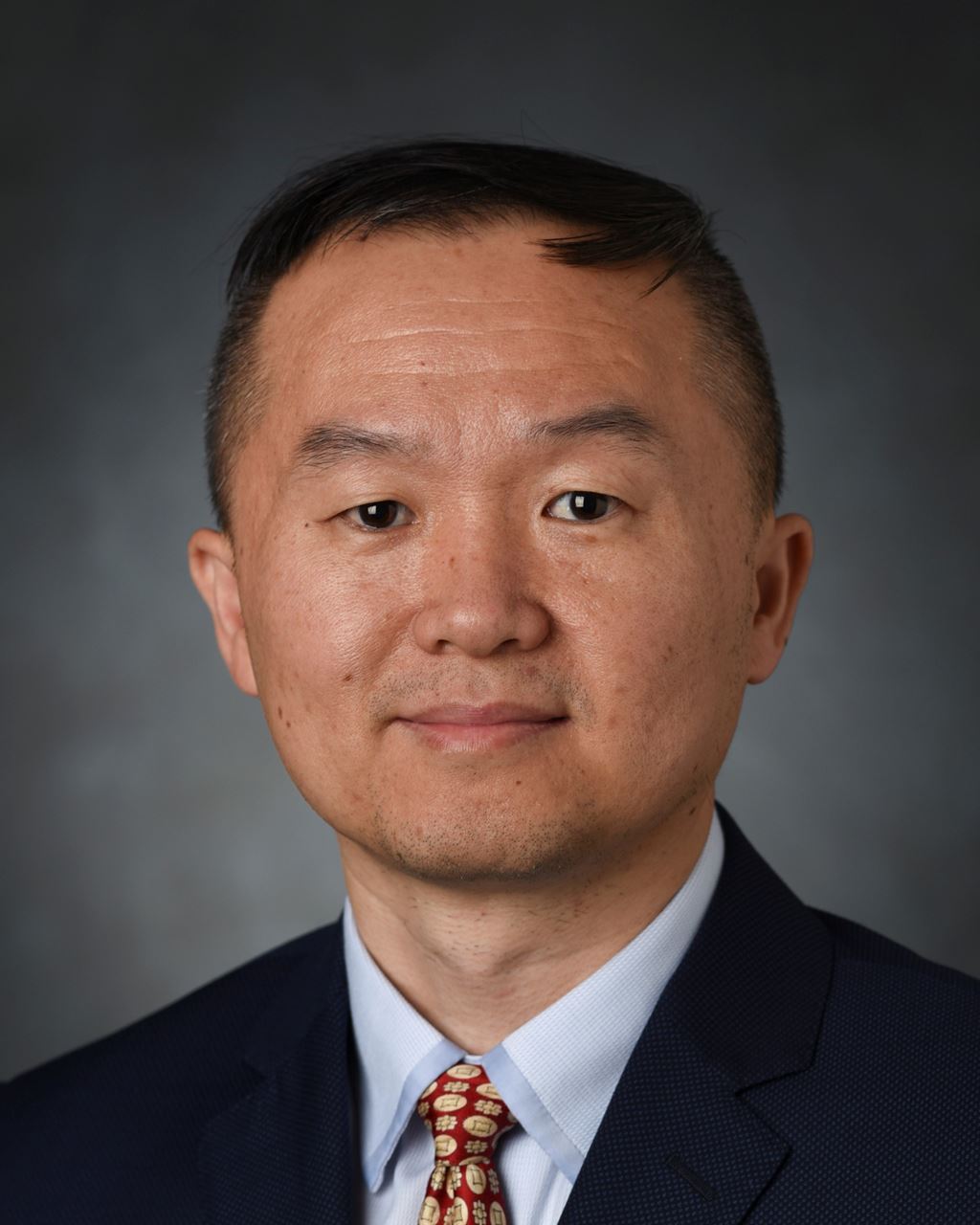
CAB Mid-Career Investigator Award: Jiangbing Zhou, Ph.D., Yale University and Cunjiang Yu, Ph.D., Penn State University
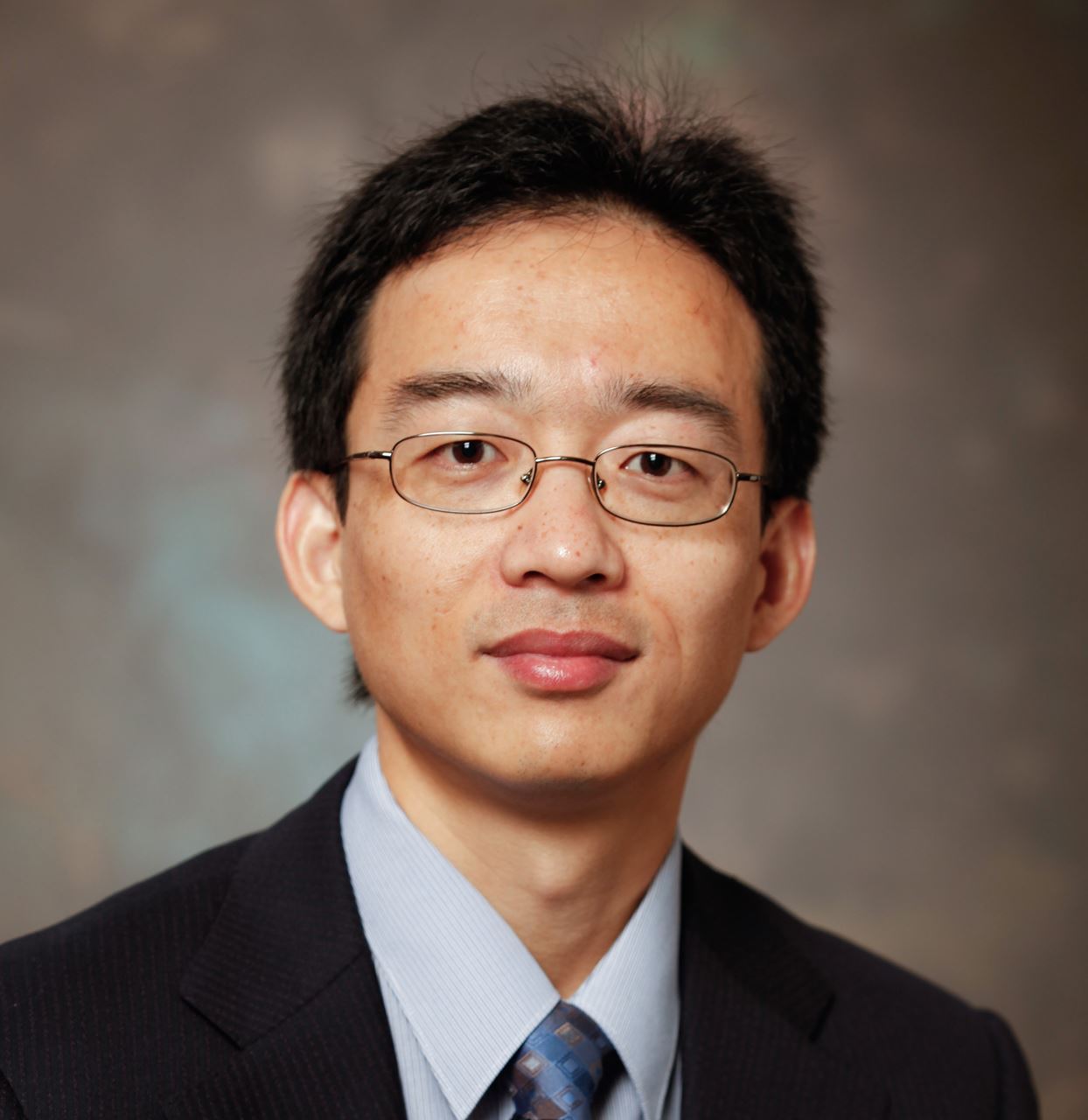
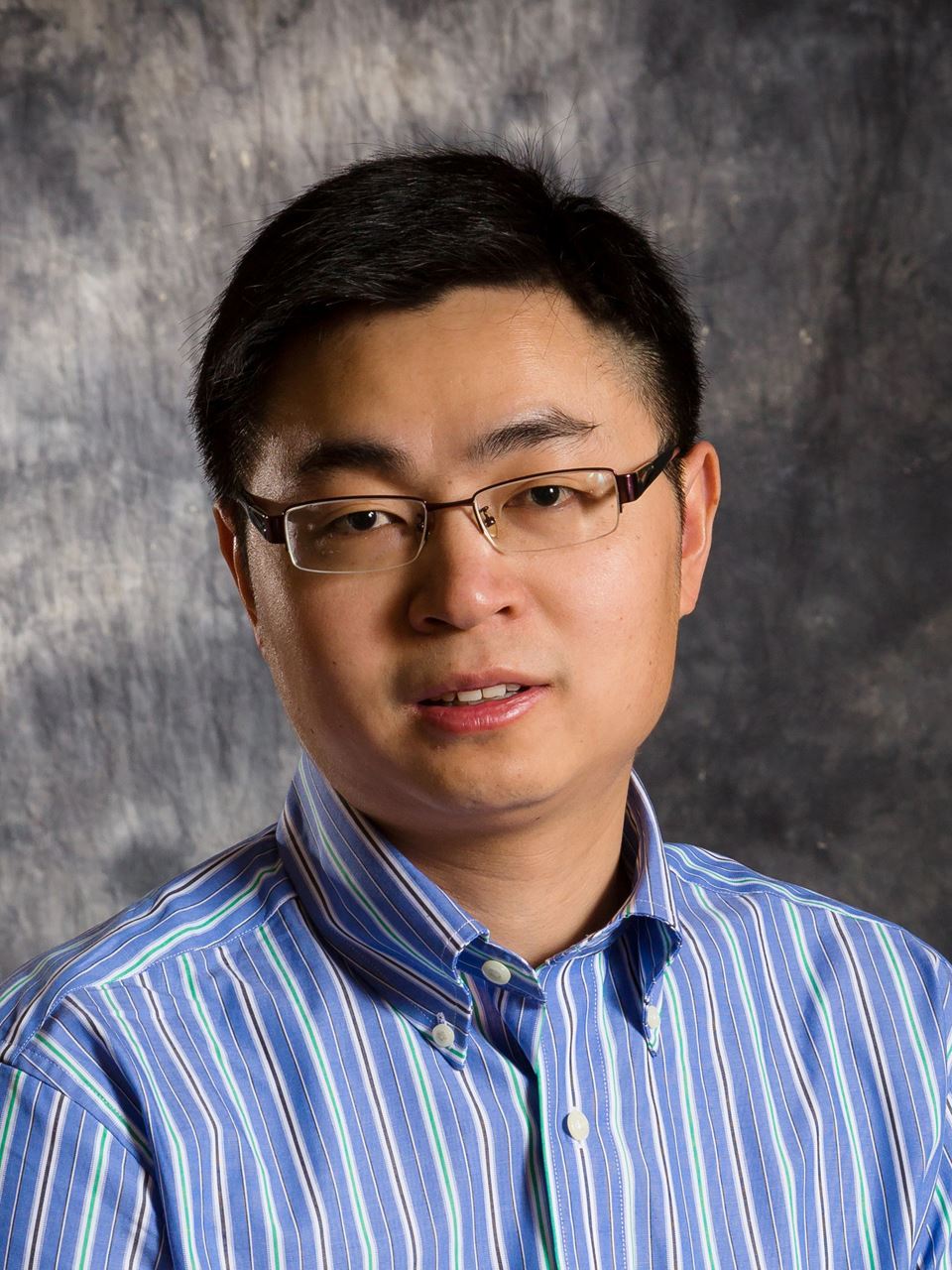
CAB Young Investigator Award: Jun Chen, Ph.D., UCLA, Zheng Yan, Ph.D., University of Missouri, Columbia, and Jiajia Xue, Ph.D., Beijing University of Chemical Technology
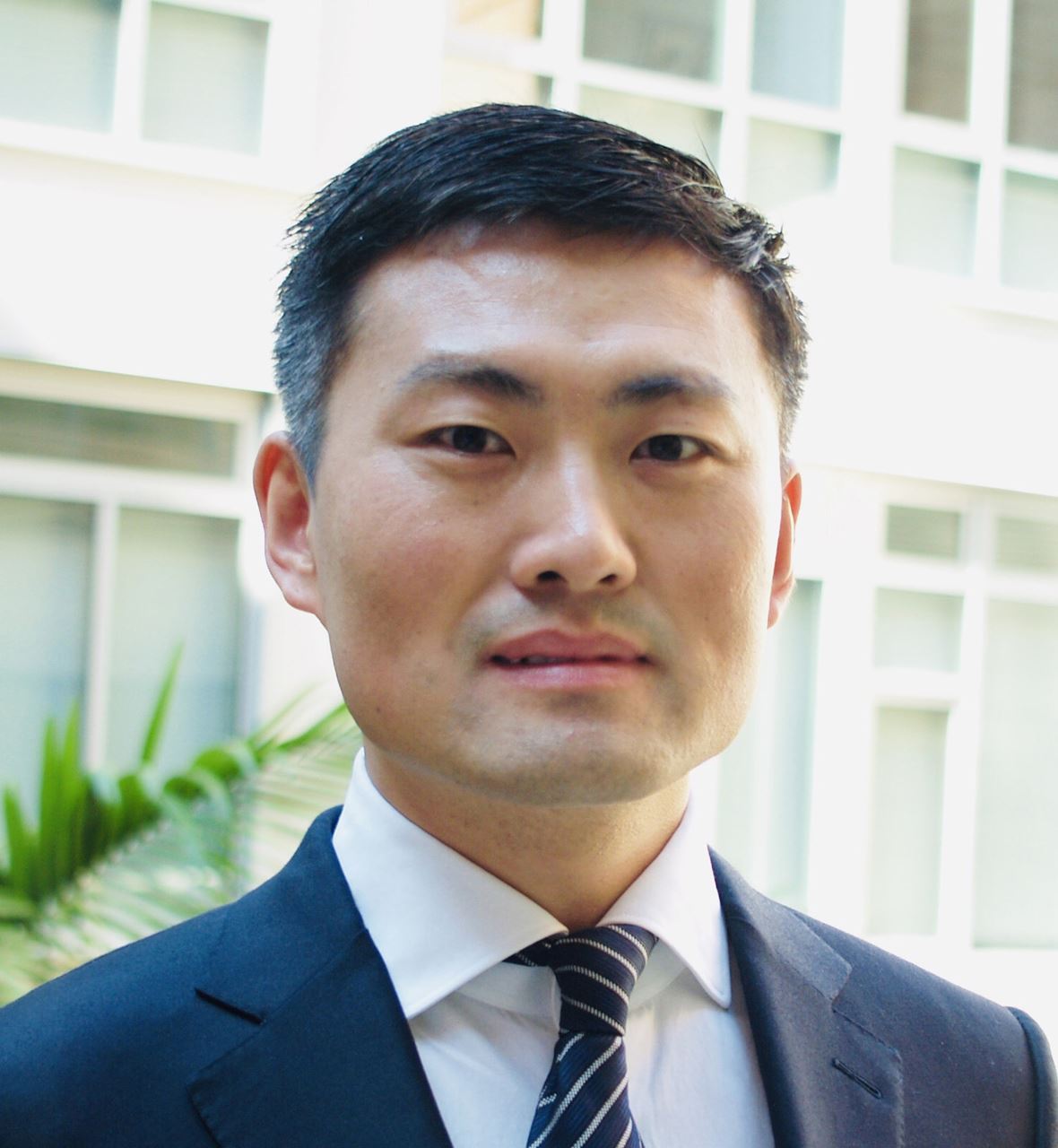
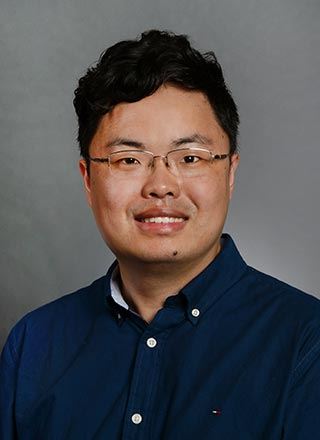
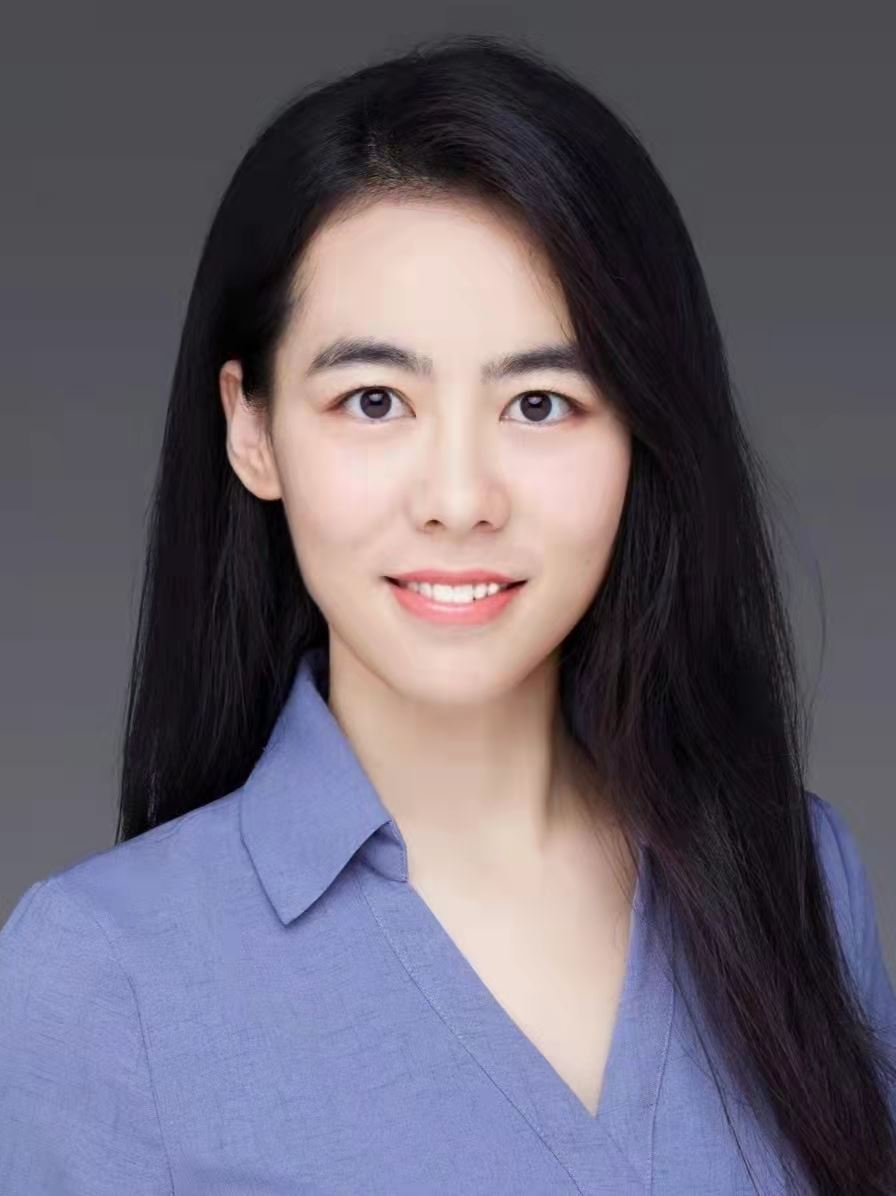
CAB Trainee Award: Congyang Mao, Ph.D., The University of Hong Kong and Xi Wang, Ph.D., Harvard University

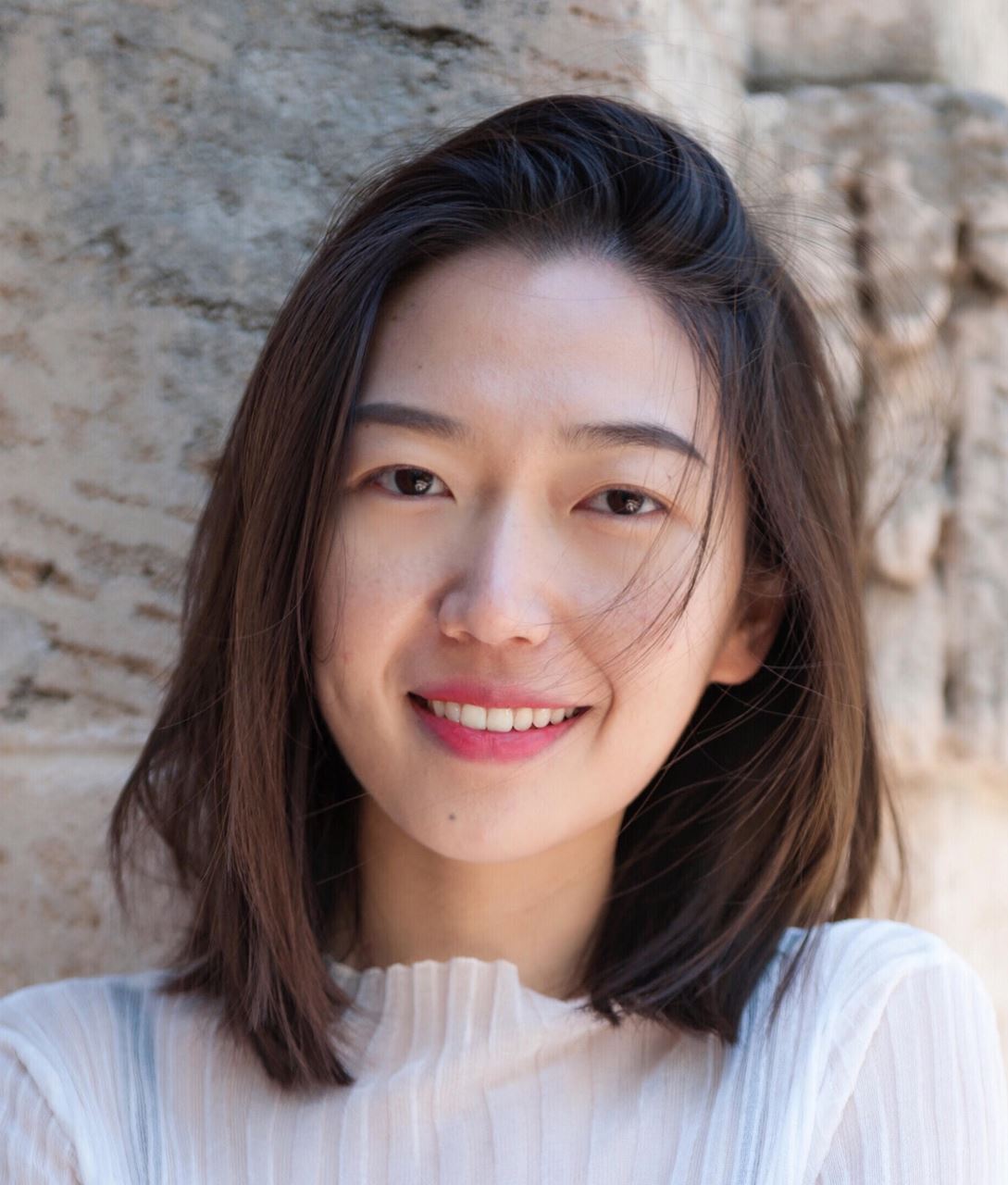
Congratulations to all awardees!